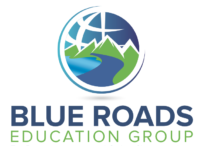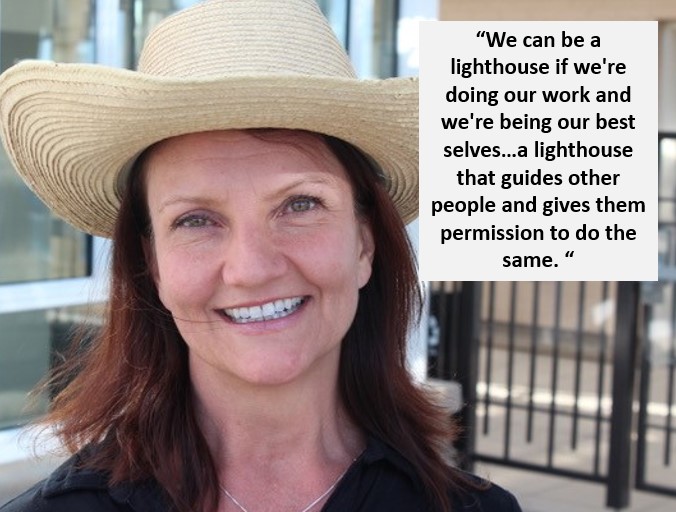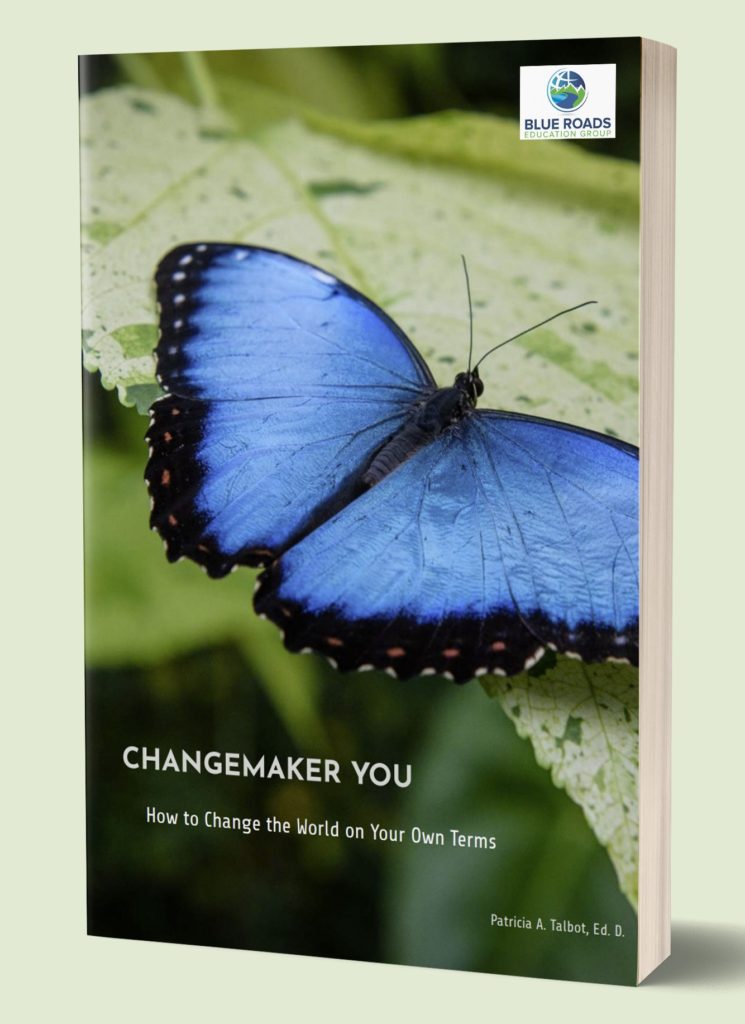Today’s Changemaker conversation features Nicole Mignone who can count attorney, photographer and coach among her many specialties. Please tune in here via video, podcast and/or print to learn how she nurtures her own changemaker light and the lights in those around her.
Nicole says that it can be complicated to explain what she does because she’s a bit of a “Jane of all trades.” Among other things, she’s been a yoga instructor, an English as a Second Language Teacher, an Attorney, a Business Consultant and Coach and a Photographer. She’s also worked in sales and high tech. Despite her meandering path, you’ll see some themes to her life that resonate with the work of changemaking.
NICOLE’S HOMEGROWN PATCHWORK
Nicole’s American father of Italian descent and British mother met in St. Petersburg, Florida, a coastal community where she was born and raised. Growing up as an only child on the Gulf Coast exposed her to a lot of diversity early on as she was surrounded by refugee communities from Southeast Asia along with Cuban, Dominican and Caribbean people. This exposed her to a layering of cultures not often seen elsewhere in the more inland communities of the South at the time.
As a child she enjoyed hobbies that fed her interest in the wider world like collecting stamps and watching National Geographic specials on TV. Her British mother who worked in International Education fed her natural curiosity about the world and her family roots in Germany, Romania and Italy. She read voraciously and enjoyed traveling vacations encouraged by her mother who’d had similar opportunities in her own childhood. These experiences nourished her interests and her ability to question biases with curiosity rather than judgment.
Like her maternal grandfather, she cultivated, and has maintained, an interest in photography as well. Looking at the world through the lens of a camera facilitates her ability to see with focus and intention.
Nicole thinks of herself as something of a nomad and something of an “urban anthropologist”. She studied abroad in Japan during her undergraduate years and has moved at least thirty times in 30 years as an adult – sometimes for work and sometimes for love. Through it all, she has maintained a love for learning about the local culture in her current surrounds. From food to spiritual beliefs and cultural customs, she delights in the habits, the myths and the stories of others.
Although she studied foreign languages in school, she has enjoyed opportunities to expand her own learning about communication during her extensive travels. In addition to expansion of her faculties with spoken language, she has found that her observational skills for body language have greatly enhanced her capacity for communication.
We assume people understand what we're saying when we really don't. As I've traveled and tried to learn other languages or dialects or when people are trying to learn English, it's all about (the subtleties) of communication.
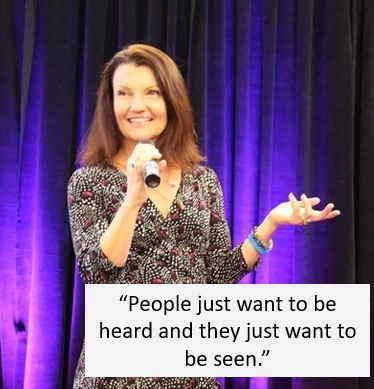
SOLUTION FOCUSED NICOLE
Nicole expresses great appreciation for the River Phoenix Center for Peacebuilding in Gainesville, Florida where she trained in Restorative Justice in Fall 2016 and returned in Fall 2019 for a ten day immersion program. These experiences helped to expand her toolbox from proficiency in intercultural communication, mediation and negotiations into the practice of nonviolent communication and restorative justice.
A pervasive “Us vs. Them” mentality has been a concern for Nicole who is passionate about healing across misconceptions and misunderstandings. She says disputes are more likely to arise when people are overlooking their “heart work”.
When they're living a linear life, when they're living a very structured life that they feel they can't change, they're not doing the internal changemaking.
That’s when external blame and division crop up. It is hard to have patience and extend generosity and understanding toward others when we are living in “survival mode”, overwhelmed and out of touch with the resources available to us. When people feel stuck, it is difficult to be open to the needs of others.
In contrast:
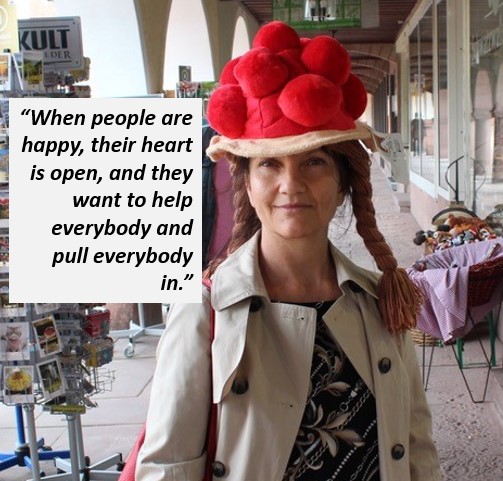
One of the things I've always loved about my coaching with people is when they actually start down a path of joy and begin to see things that they appreciate in life, when their heart opens up to helping others…then they can pay that forward.
At the same time, Nicole recognizes the importance of seeing the privilege in coaching and being coached. It takes the ability to invest in one’s self and that kind of investment is a luxury. While she sees the inequities, she knows the value of being in a position to make choices. That choice only comes once we “get our own house in order so that we can be open to the calling of what we're supposed to help…”
When we have the luxury of choice, that’s when we can be most open to hear and follow our calling to serve in the world. That takes self-reflective work that can benefit from the support of others who can help us consider the resources we need and the messages we most need to share with the world.
Helping people communicate their innermost needs and passions is a joy for Nicole. She listens deeply and creates safe spaces for people to tell their stories. In doing so, she finds that people are free to think aloud and to know their truths more deeply. This is one of the reasons she so loves restorative justice work.
“I love this model of everybody gets their time with the talking stick to collaborate into solutions that everyone can feel happy about. That's a much better model than traditional legal routes.”
The legal paradigm has its place, but Nicole finds that very often the root of the problem lies in ineffective communication. Restorative justice seeks to rectify that.
She enjoys the role of helping people communicate their messages diplomatically.
Our inner voice will guide us if we take the time to listen. It will tell us what we want and lead us to our next steps. While Nicole knows this personally, she finds that people sometimes need someone else to hear them so that they are able to hear themselves most clearly. She creates a space for people to hear what they want. She does not tell them what to do and doesn’t try to “fix” them. Being there beside them and listening to the stories they want to tell allows them to shift their own lives from the inside out.
“Some people process externally, they need to hear it said in order for it to manifest or create.”
Nicole includes the elderly among those whose stories need to be told and valued. She says that all communities are built through the power of communication.
This is true even when it comes to legal work and legal troubles. As an attorney specializing in bankruptcy, she uses this context as an example.
“There’s a lot of shame in personal bankruptcy. Embarrassment. People feel like they've failed.”
“In law, it's all about the story…In bankruptcy court, people come and need to tell their stories… how they ended up where they are and how they didn't want to be there… People think everything is black and white, but in the legal world it's never black and white…One small fact or circumstance makes all the difference.”
It is in the stories that judges and attorneys can discern the right and just course of action. It is rare though that people have ample opportunity to hear one another fully and have the opportunity to change perspectives – including their own.
That is why restorative justice is so very important. In the context of RJ, people get to tell their truth and rewrite their stories. Nicole reminds us that “our whole country was founded on getting a fresh start and starting over.”
Her optimistic view of humanity makes this one of her guiding principles.
“You can start over. It’s not easy, but it can be enjoyable.
CHANGEMAKER NICOLE
One role that Nicole embraces for herself is that of “business transformation guide”. It’s akin to coaching but she strongly believes that the best coach already exists inside each of us. If we listen to those voices, we can all become changemakers “Whether we're changing ourselves or changing the world”.
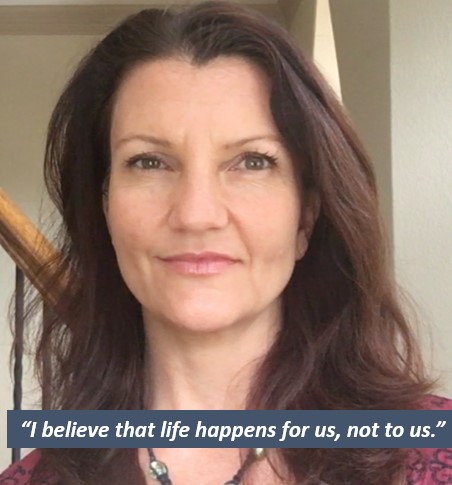
Because she views change as inevitable, she puts it in the context of a willingness and openness to take positive steps forward.
“Whether you're creating change or it's happening around you, the more open to change that people are and the more willing they are to look at changing, whether it's a belief or a viewpoint or a perspective or an environment… I think that makes them open to allowing opportunities to come to them.”
“We can be a lighthouse if we're doing our work and we're being our best selves…a lighthouse that guides other people and gives them permission to do the same.”
Nicole’s lighthouse helps people see their own joy, find their place and their opportunities to be changemakers. It helps them see the issues that appear before them as important and worthy of their attention and action.
“We're allowing people to be empowered and be their best selves. People want to do that. People want to step in.”
Sometimes they may need guidance, assistance or resources, but what’s most important is that they choose for themselves what they need and want to change and trust that they have the capacity to do so. “That's what freedom is about and that's what change is about.” “
“Once I'm solid there and at peace with that, then I can wait and see where am I most drawn or who's coming to me, or where can I make a difference? … Can I help someone who needs whatever I have to give.”
Nicole says she’s been accused of being overly optimistic, but she rejects the characterization.
“To me, optimism isn't being blind to the risks. To me, optimism is like having two hands… I know there's the good and bad, the black and the white, but it's choosing where to focus. It isn’t that I don’t know this one is there, but I can't look at both hands at the same time.”
She chooses the hand that will get her most attention at any given moment. This is how she keeps her focus on solutions instead of the problems. As a coach she would say to her clients “Every problem you give me, you need to give me two possibilities for solutions”
This helps to keep them focused on the potential of their own lives rather than the overwhelm.
“I'm sparking change, I'm a little match, maybe lighting their fire to do their thing.”
As we talked about the role of anger in changemaking, she reflected upon how “anger energy” can sometimes be the necessary spark to get us moving. She says, “I’d rather be angry than apathetic because apathy as a culture stands in the way of changemaking.”
“The theme of my photos is always about the light and the shadow. I look for the light and the shadow in people, in stories and in my environment…I try to capture that in my photos as well. You need shadow, we need the dark parts so the light can show up more. We have to take the whole of it and not piecemeal.”
By acknowledging the struggles and learning to collaborate to solve problems, life becomes doable and people create their best selves and expand their circles of influence. She compares this to the Coronavirus currently infecting the world around us. In the same way that contamination is spreading exponentially, we have the potential to spread positive change exponentially as well.
Nicole’s work helps people find their way back to themselves, so they are “empowered to empower others”.
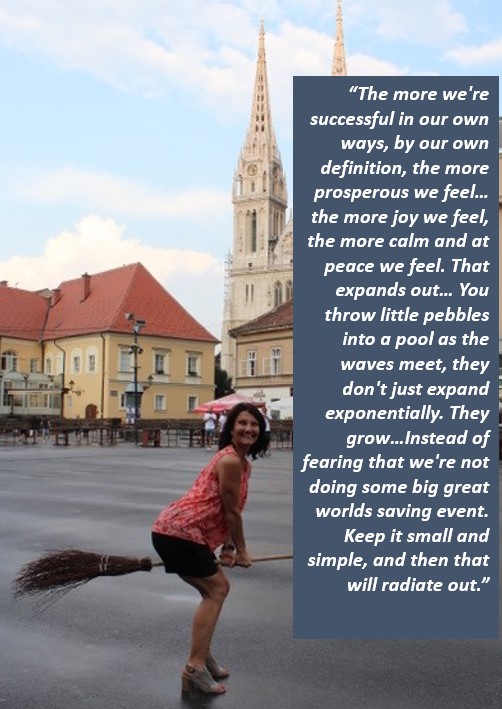
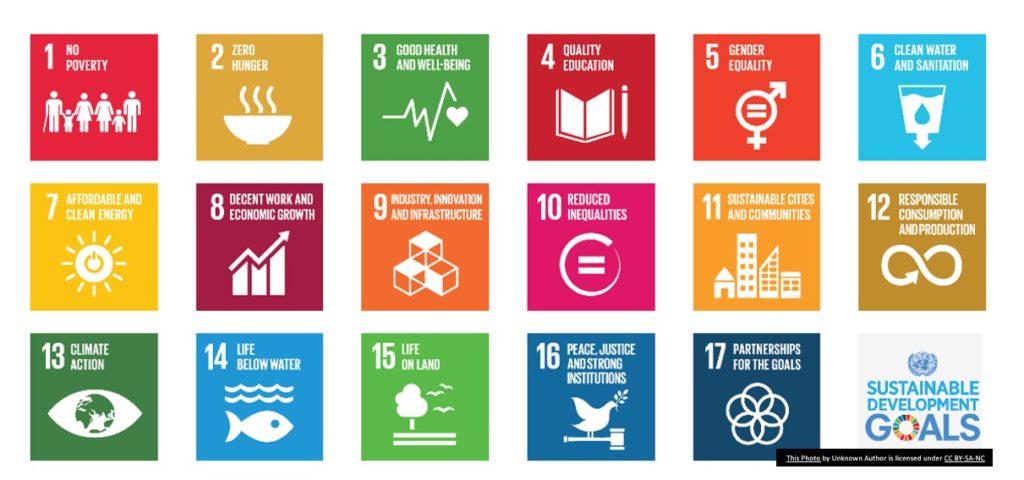
If we don’t know about a goal, there’s no way we can achieve it. That’s why at Blue Roads Education, we are so passionate about drawing attention to the United Nations Sustainable Development goals and illustrating how changemakers we know are working to turn those goals into accomplishments. Nicole Mignone’s work highlights three of the Global Goals in particular. Goal #3, Goal #16 and Goal #17.
With her work to help individuals determine the course of their own lives, she emphasizes good health and wellbeing (#3). She partners with them (#17) to help them find the peace, joy and self-understanding that will allow their lights to shine to reveal the work they are meant to do to make the world a better place. Within her role as an attorney and a practitioner of restorative justice, she looks for opportunities to build a more peaceful, just and compassionate society (#16).
We encourage you to look at the list of Global Goals above and see where your light draws you to bring about change. Learn more here: www.unsustainabledevelopmentgoals.org
Podcast: Play in new window | Download
Subscribe: Spotify | iHeartRadio | Email | TuneIn | Deezer | RSS | More
